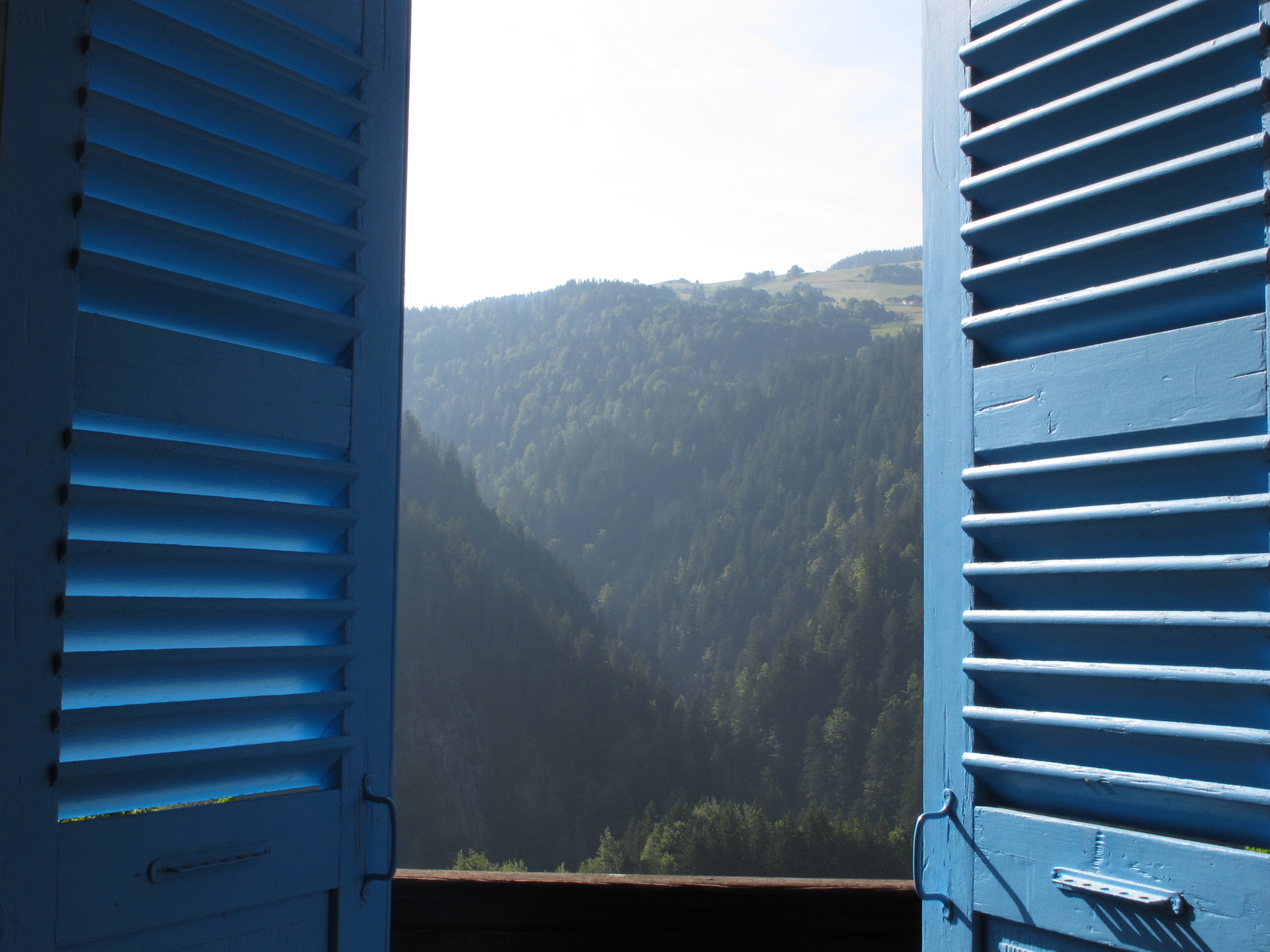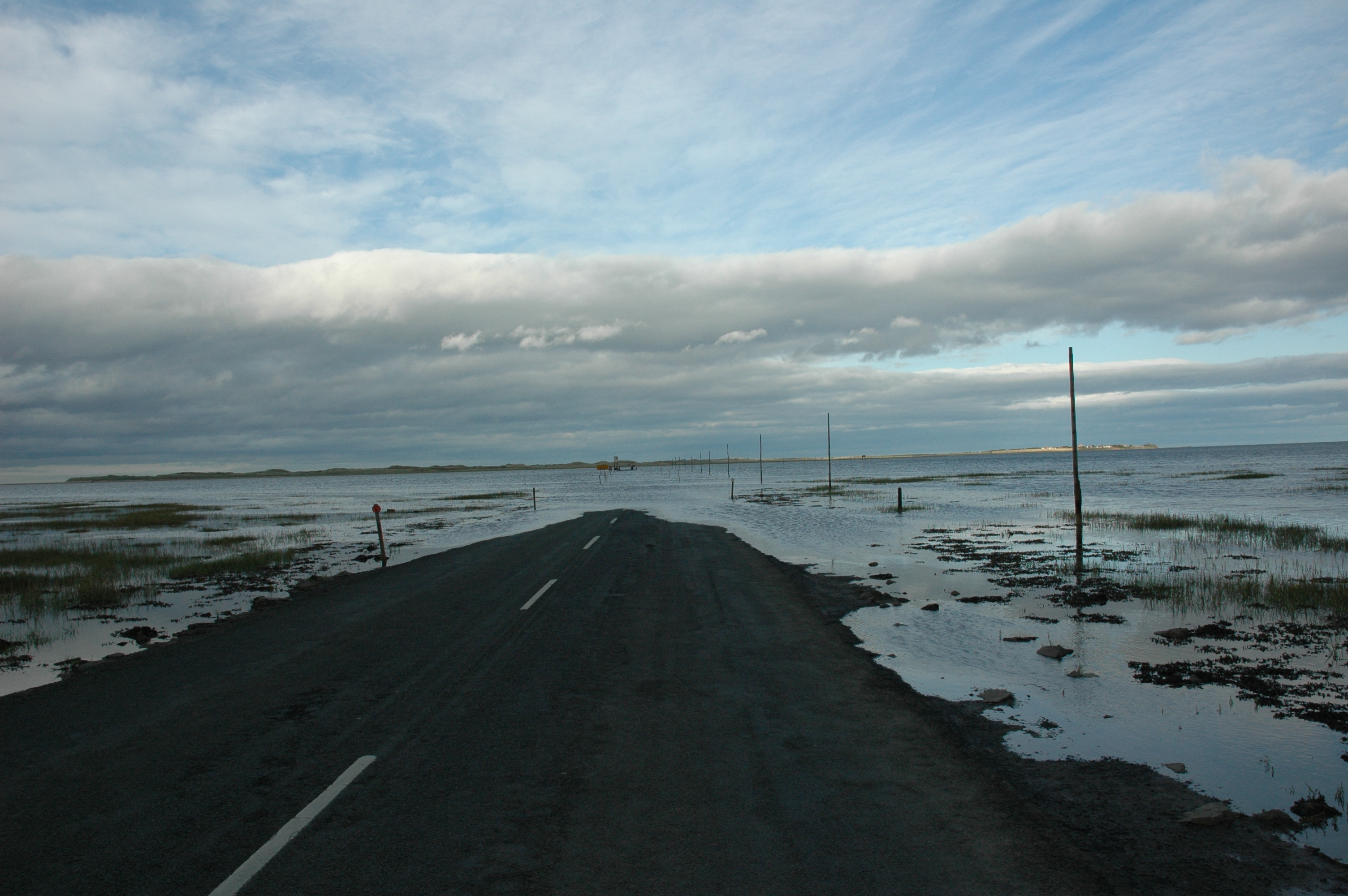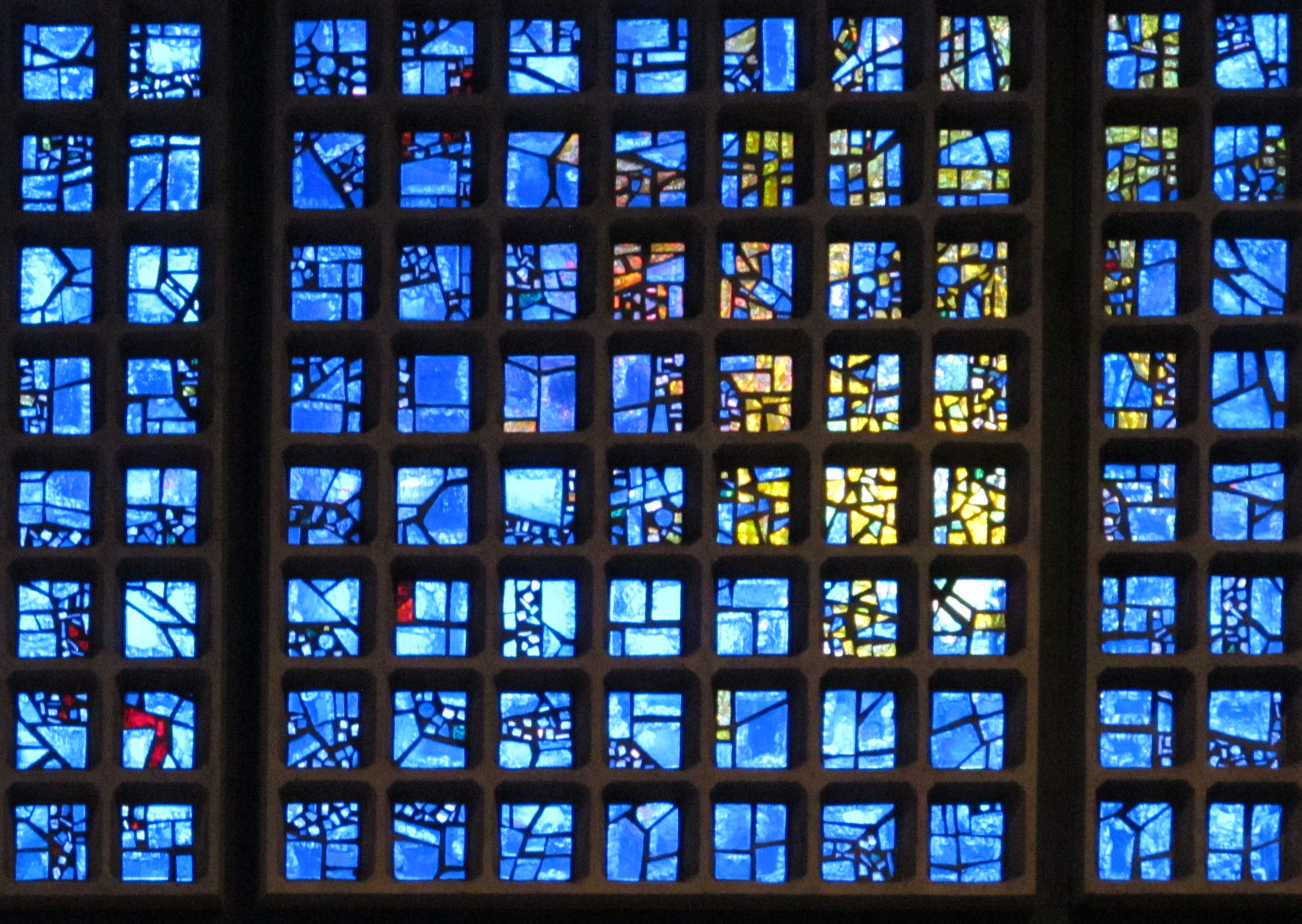Equinox
01/09/19 11:42
Philosophy and religion may seek more permanent harmony: a balance in and with nature. Yet it often seems remote, indeed unattainable. Annoyingly there is always something, a tipping-point, when the balance is threatened, the fragile peace shattered and events spin on.
Approaching Easter the Church reflects on the tipping-point in the life of Jesus and the balance between darkness and light. The fragile peace is about to be threatened.
When he entered Jerusalem on Palm Sunday many of his followers must have considered the time had come to do a bit of balance restoring. By this they meant shifting the balance of power from their oppressors to them. Jesus enters the holy temple and causes chaos — seems like a hopeful start. But there are two problems.
The first is that the power he is threatening is that of their religion not the power of the state. The second, and possibly bigger problem for his followers, is that he seems to have a death wish. He draws attention to himself but the crowds melt away: they don't like what they hear. Why does he act like this?
Well, Jesus doesn't seek harmony in nature, power or religion: he sees it in our relationships. First with God and then, quite as importantly, with each other. His next few actions are to be the tipping-point in the relationship between God and us. Somehow, humbly and yet majestically, God is about to restore harmony: the longest night now ends — forever.
Approaching Easter the Church reflects on the tipping-point in the life of Jesus and the balance between darkness and light. The fragile peace is about to be threatened.
When he entered Jerusalem on Palm Sunday many of his followers must have considered the time had come to do a bit of balance restoring. By this they meant shifting the balance of power from their oppressors to them. Jesus enters the holy temple and causes chaos — seems like a hopeful start. But there are two problems.
The first is that the power he is threatening is that of their religion not the power of the state. The second, and possibly bigger problem for his followers, is that he seems to have a death wish. He draws attention to himself but the crowds melt away: they don't like what they hear. Why does he act like this?
Well, Jesus doesn't seek harmony in nature, power or religion: he sees it in our relationships. First with God and then, quite as importantly, with each other. His next few actions are to be the tipping-point in the relationship between God and us. Somehow, humbly and yet majestically, God is about to restore harmony: the longest night now ends — forever.
Published as Faith Files in the Derby Evening Telegraph



